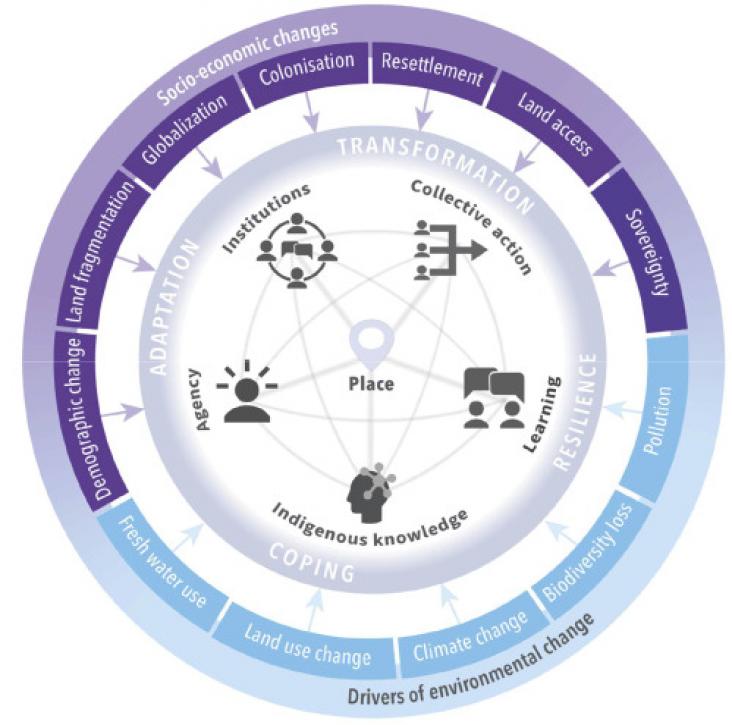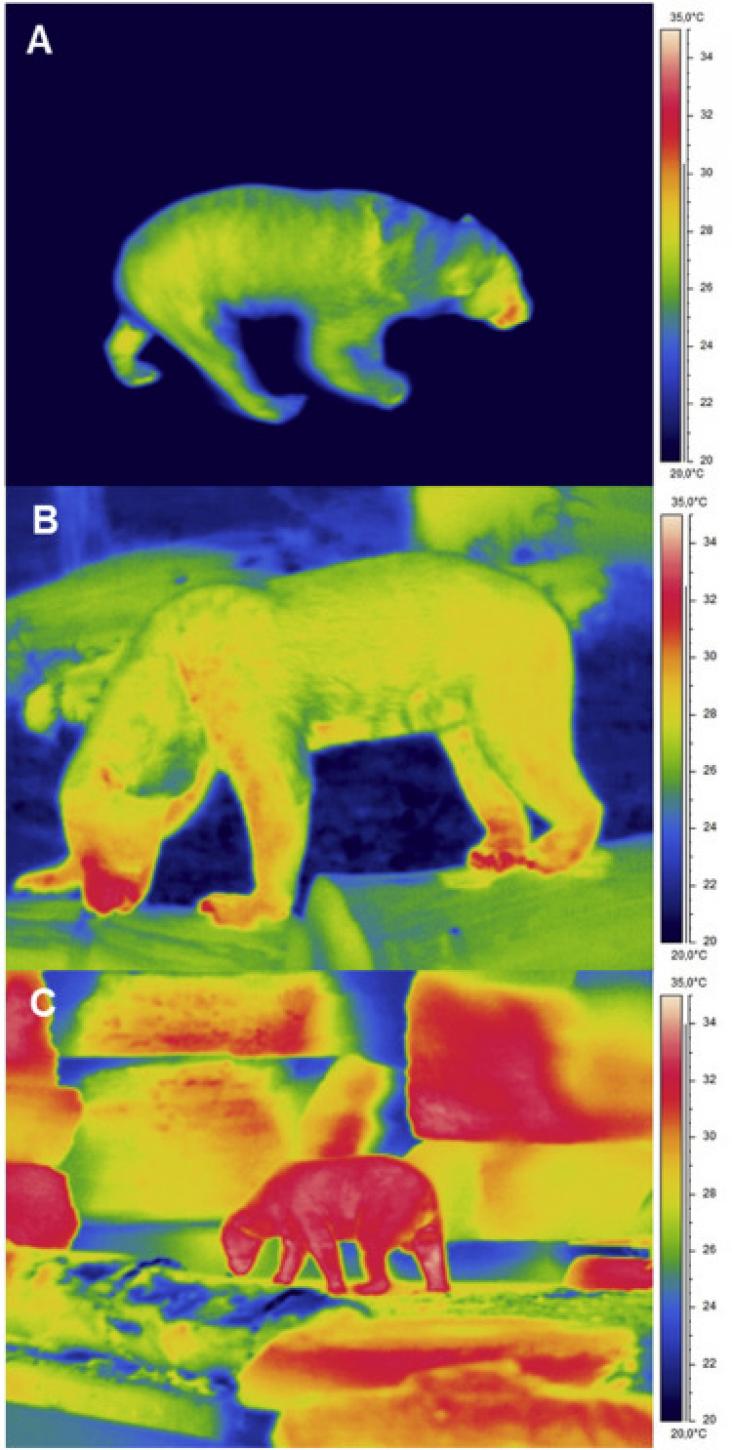Humans, through agricultural fertilizer application, inject more reactive nitrogen (Nr) to terrestrial ecosystems than do natural sources.
The destruction of natural habitats is causing loss of biodiversity and ecosystem services.
Soil organic matter (OM) stratification and macro and micro fauna are both good indicators for the evaluation of soil ecological functioning, which is interrelated with nutrient cycles.
This study aimed to characterize endophytic bacteria associated with root-nodules of a wild legume (Genista cinerea: Fabaceae) growing in arid soils of Algeria.

Climate extremes are expected to become more commonplace and more severe, putting species and ecosystems at unprecedented risks.

Protecting the ocean has become a major goal of international policy as human activities increasingly endanger the integrity of the ocean ecosystem, often summarized as “ocean health.” By and large

Indigenous peoples globally have high exposure to environmental change and are often considered an “at-risk” population, although there is growing evidence of their resilience. In this Perspective, we examine the common factors affecting this resilience by illustrating how the interconnected roles of place, agency, institutions, collective action, Indigenous knowledge, and learning help Indigenous peoples to cope and adapt to environmental change.

